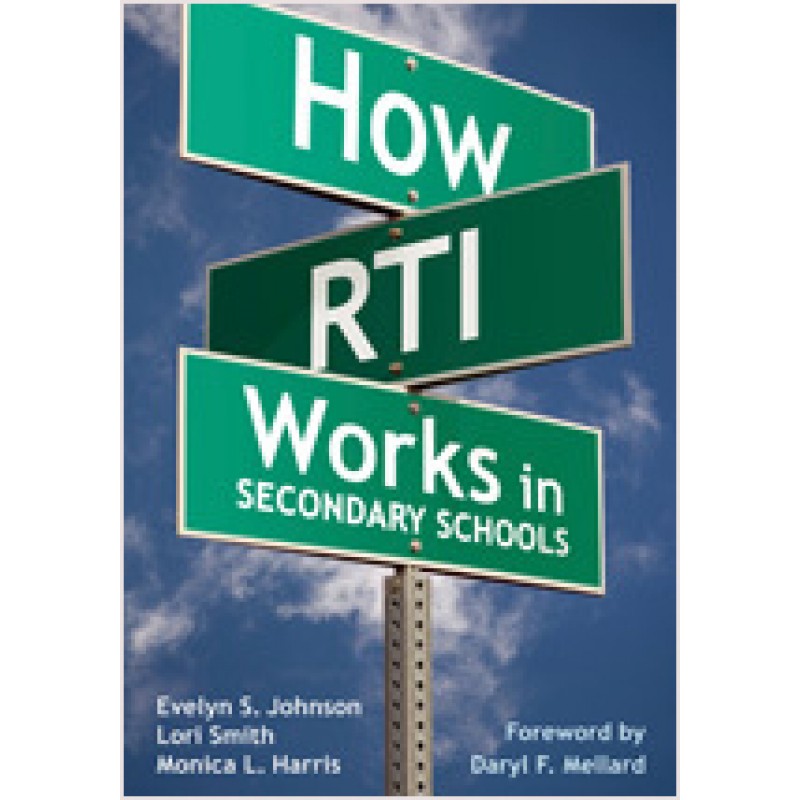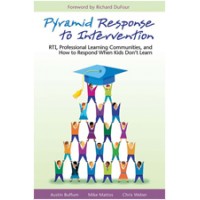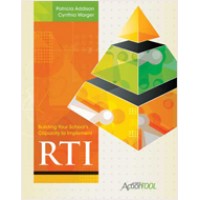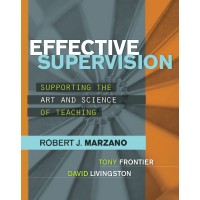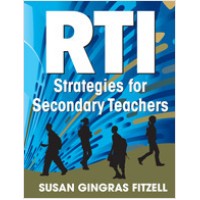How RTI Works in Secondary Schools, Sep/2009
| Author(s) | Evelyn S. Johnson, Lori Smith, Monica L. Harris |
| ISBN10 | 1412971004 |
| ISBN13 | 9781412971003 |
| Format | Paperback |
| Pages | 168 |
| Year Publish | 2009 September |
Synopsis
"This book not only provides a solid foundation for guiding school improvement, but also details an array of very practical tools that can be used to implement tiered instructional options in middle and high school settings"
-- Donald D. Deshler, Williamson Family Distinguished Professor of Special Education, Director, Center for Research on Learning, University of Kansas
"From research-based screenings to evidence-based interventions, the authors address the challenges specific to secondary schools and provide concise, realistic options"
-- Nicole Power, RTI Coordinator and Speech Language Pathologist, Bethany Public Schools, OK
Implementing Response to Intervention (RTI) in secondary schools offers many unique challenges, but this comprehensive, research-based book provides secondary school administrators with the information, resources, and guidance necessary to use RTI for the benefit of struggling adolescent learners.
Drawing on the latest research, the authors identify the current best practices for key components of RTI and demonstrate how school teams can work together to implement an assessment- and data-driven decision-making process for educators. Describing how all these elements can work together under the RTI framework, this book provides:
- Specific guidance on building leadership capacity to make RTI implementation a success
- Case studies that illustrate real middle and high school RTI models
- Instructional strategies for tiers one, two, and three
- Forms, checklists, and lists of Web and print resources
With this valuable resource, secondary school leaders can avoid potential missteps when implementing RTI and make dramatic improvements in outcomes for adolescent learners.
About the Authors:
Lori Smith is principal at Cheyenne Mountain Junior High in Colorado Springs, Colorado. She has served in public education for 15 years, 9 of which have been in school administration. She began her career as a high school biology and chemistry teacher in 1994 in Colorado. Her work and systematic implementation of RTI at Cheyenne Mountain has led to several state-level presentations, publications, and consultations on RTI implementation. Smith’s commitment to action research on RTI at the secondary level was inspired by the support of Evelyn Johnson as Smith completes her doctoral degree in education leadership and administration.
Monica L. Harris is an assistant professor at Grand Valley State University in the College of Education. She began her career in education at the secondary level and has experience teaching adolescents in general and special education settings as well as developing and implementing programs for students who struggle academically or are at risk of school failure. Prior to joining the faculty at GVSU, she received her doctoral degree in special education from the University of Kansas, where her research focused on strategy instruction and adolescent literacy. Harris is part of the Strategic Instruction Model (SIM) Professional Developer’s Network and works with school districts to implement tiered intervention using research-based instructional strategies. Currently, her research interests include developing instructional strategies for use in academically diverse classrooms, teacher preparation, and collaborative teaching models.
Evelyn S. Johnson is an associate professor of special education at Boise State University and the coauthor of RTI: A Practitioner’s Guide to Implementing Response to Intervention. She began her career in Washington in 1994 as a special education teacher, and then at the University of Washington, Seattle, where her research focused on the inclusion of students with disabilities in accountability systems. Johnson’s work on assessment for students with disabilities has included research on accommodations and alternate assessments, as well as research on screening for reading problems. Prior to joining the faculty at BSU, she worked as a research associate for the National Research Center on Learning Disabilities (NRCLD), where she developed numerous technical assistance products to assist state and local educational agencies on RTI and learning disability identification–related issues. Currently, her research focuses on RTI implementation at the secondary levels.

